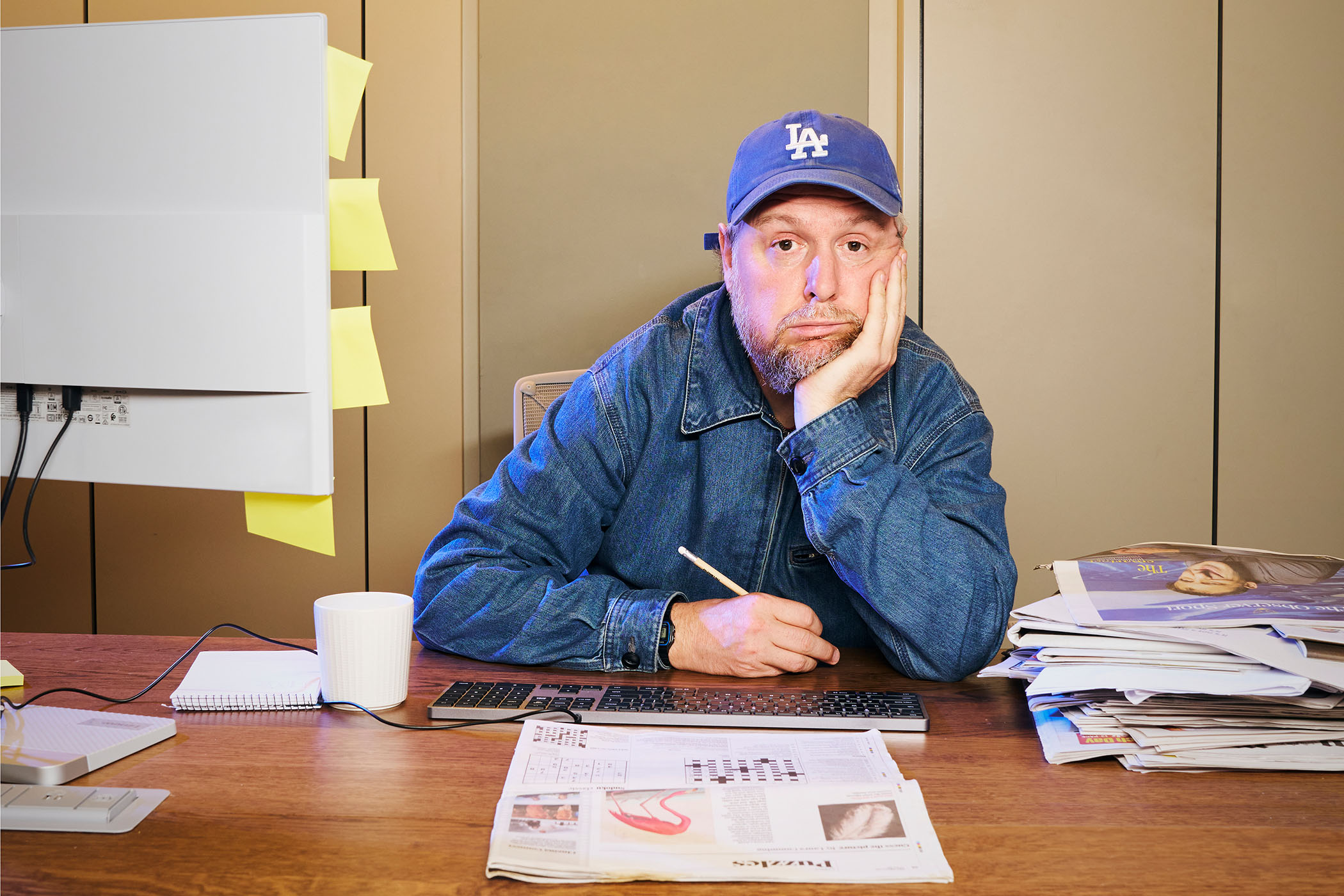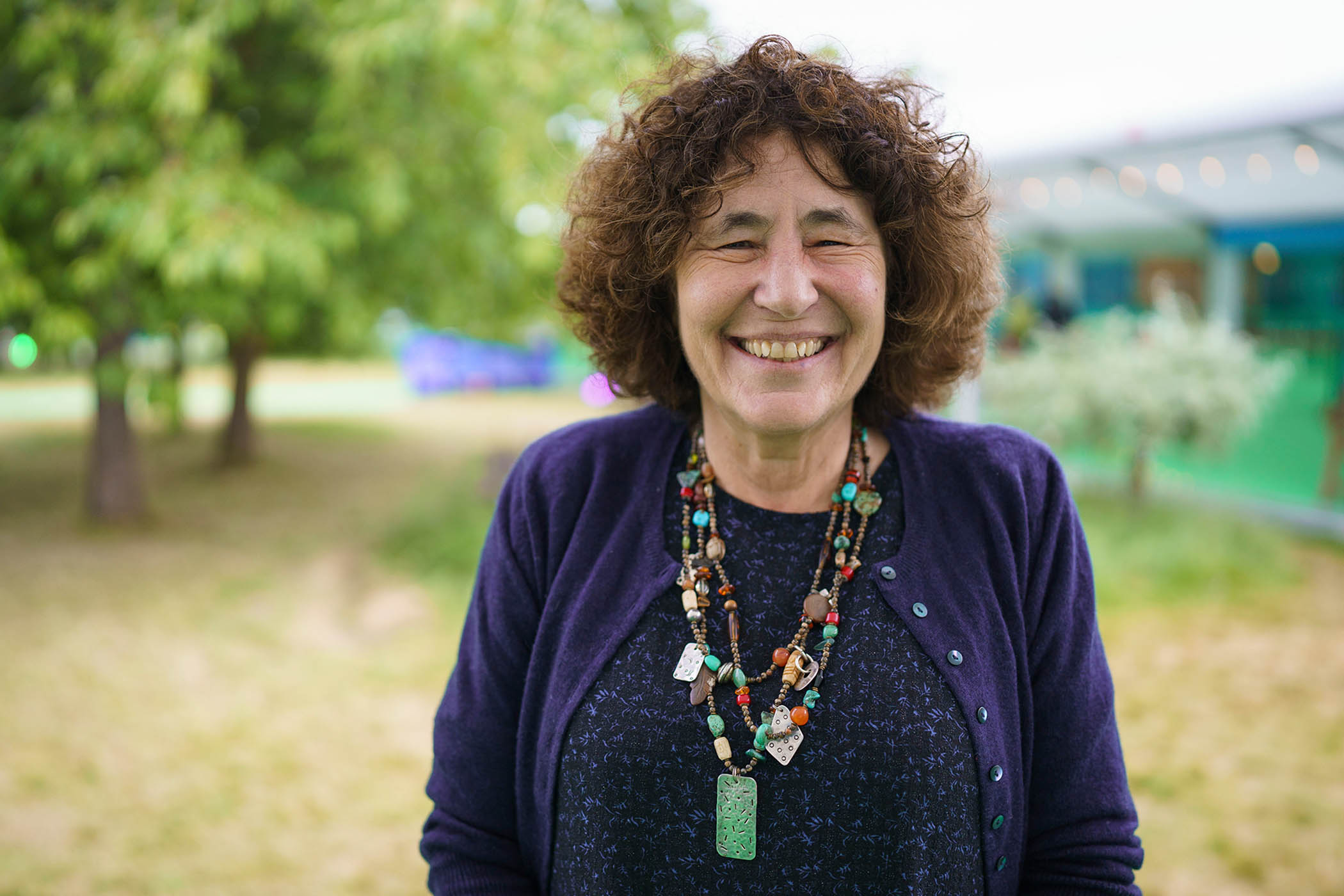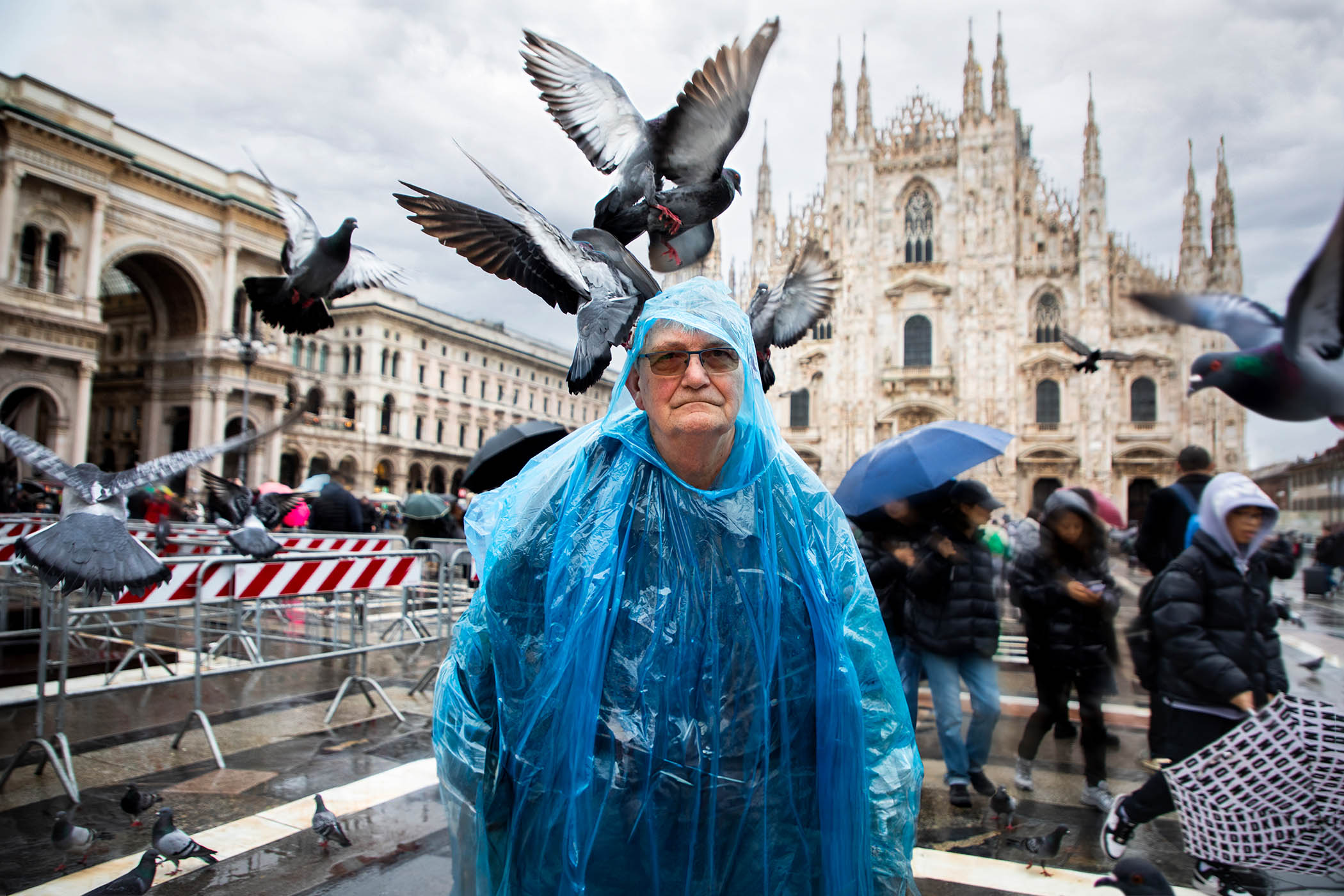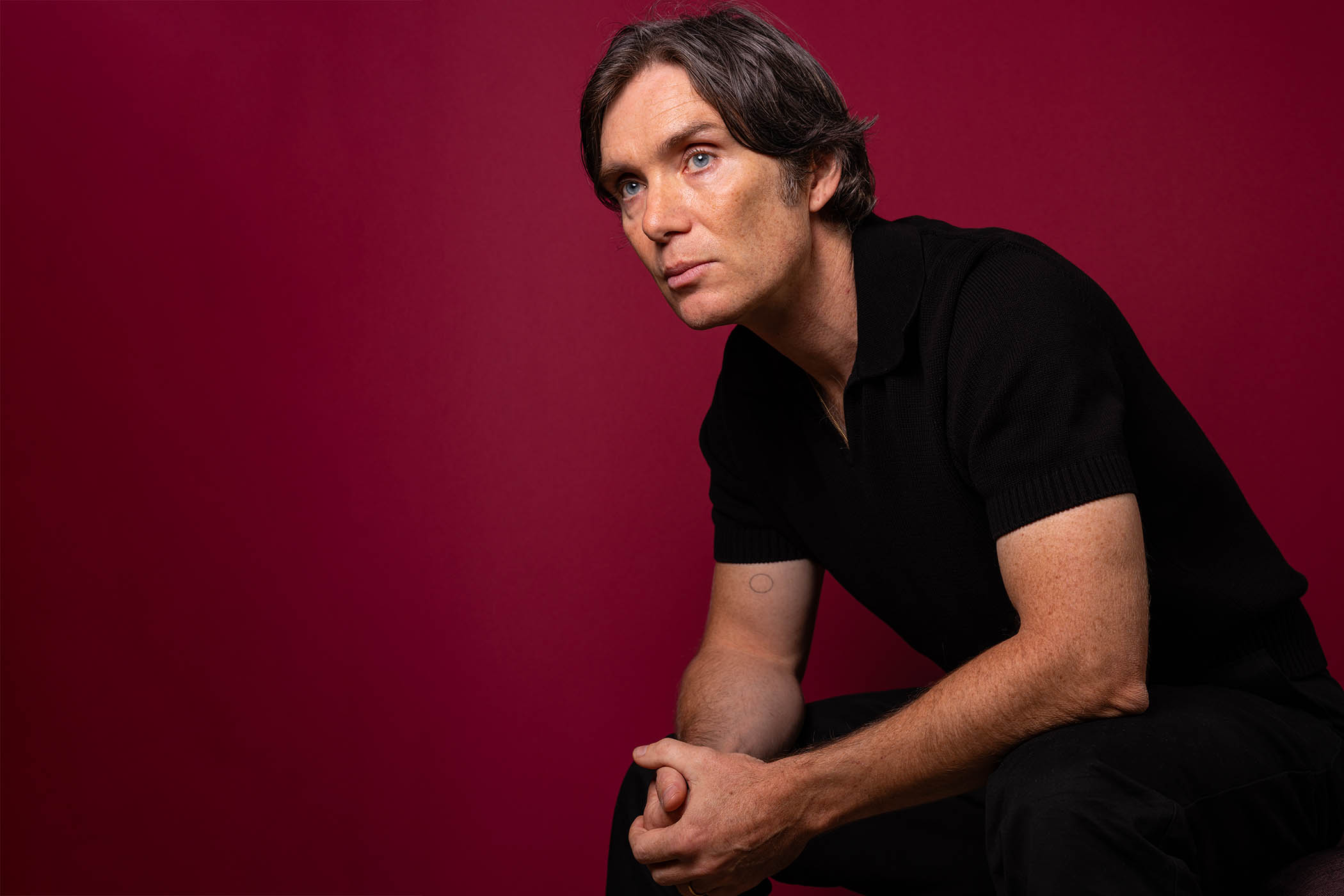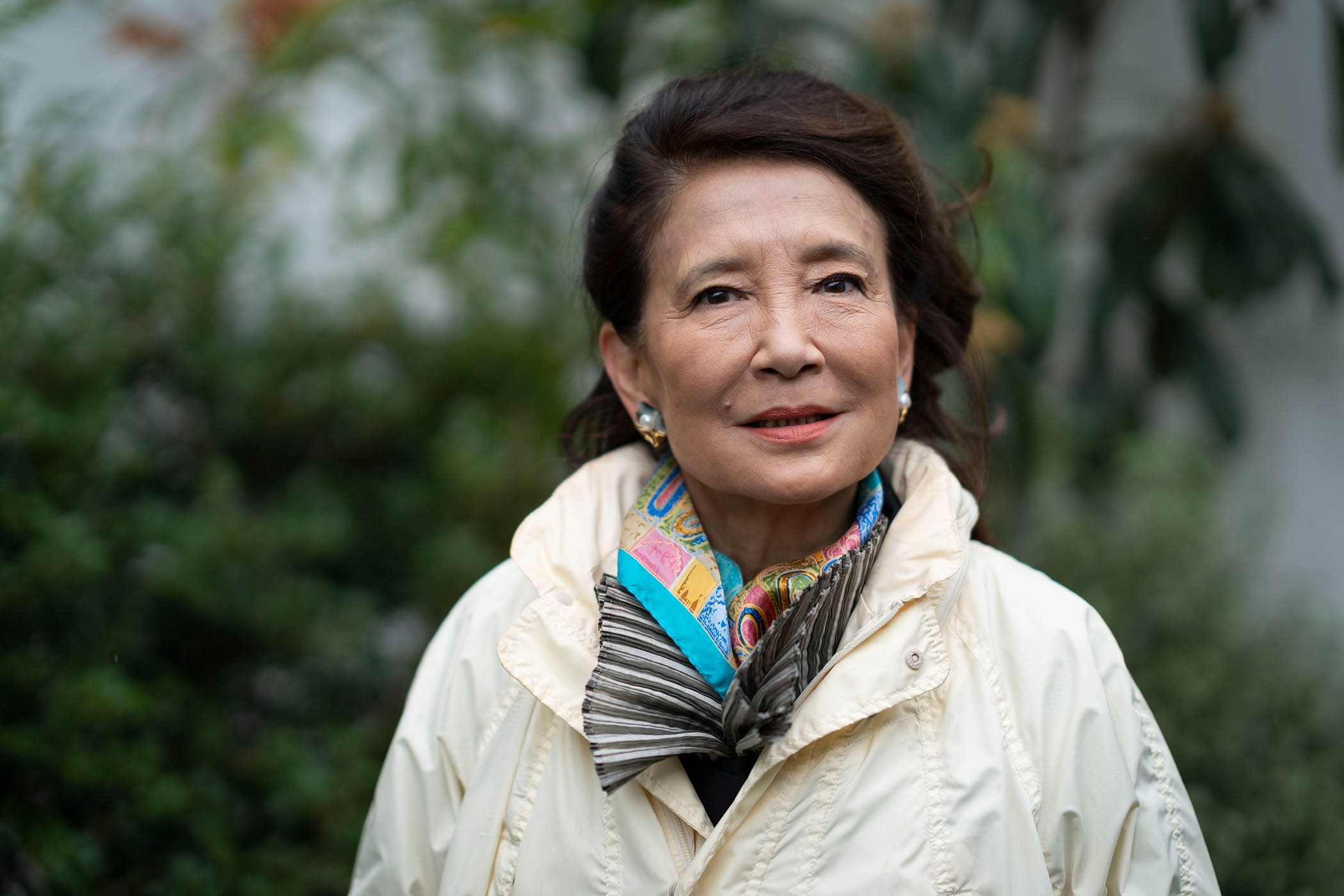
The author of Wild Swans on the beauty of Rome, war books and Tom Cruise’s ‘poetic’ stunts
Jung Chang was born in China’s Sichuan province in 1952 to Communist Party officials who were targeted during the Cultural Revolution. She moved to the UK in 1978 and received a PhD in linguistics from the University of York. In 1991 she published Wild Swans: Three Daughters of China, a family autobiography that has sold more than 15 million copies worldwide. With her husband, the historian Jon Halliday, she wrote Mao: The Unknown Story (2005). Her new book, Fly, Wild Swans: My Mother, Myself and China, follows the 1991 bestseller and is published by William Collins on 16 September.
Film
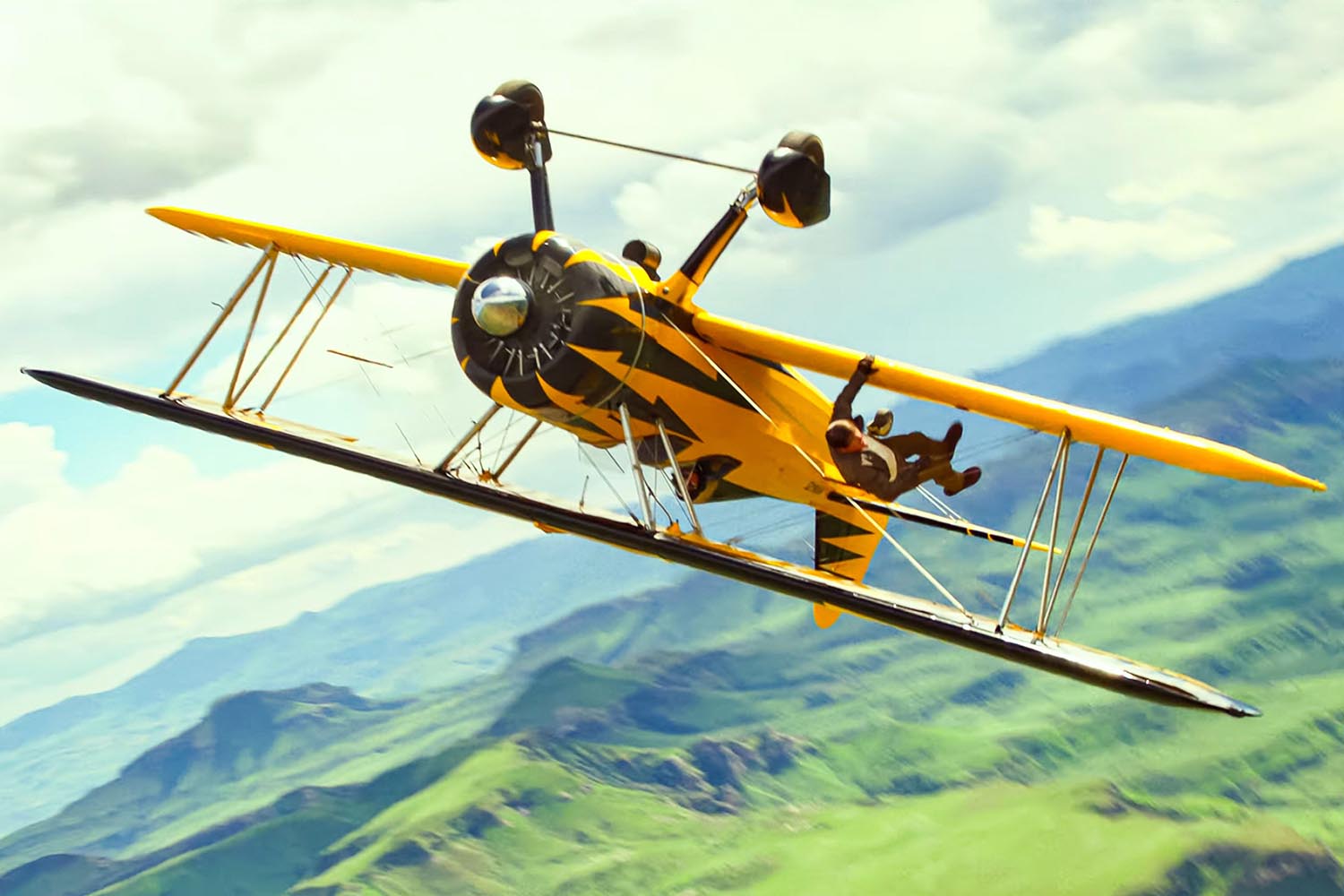
Mission: Impossible – The Final Reckoning (2025, dir. Christopher McQuarrie)
I’ve loved this series from the brilliant first instalment; it was a beautifully crafted, top-class thriller. The latest film, though not as good as the first one, was thoroughly enjoyable. The story doesn’t really matter. It’s Tom Cruise trying to find a key of some sort in a submarine deep in the ocean. But the spectacle is splendid and I love that Cruise still does his own stunts in his sixties. There is one jump into the ocean that’s amazing and quite poetic.
Restaurant
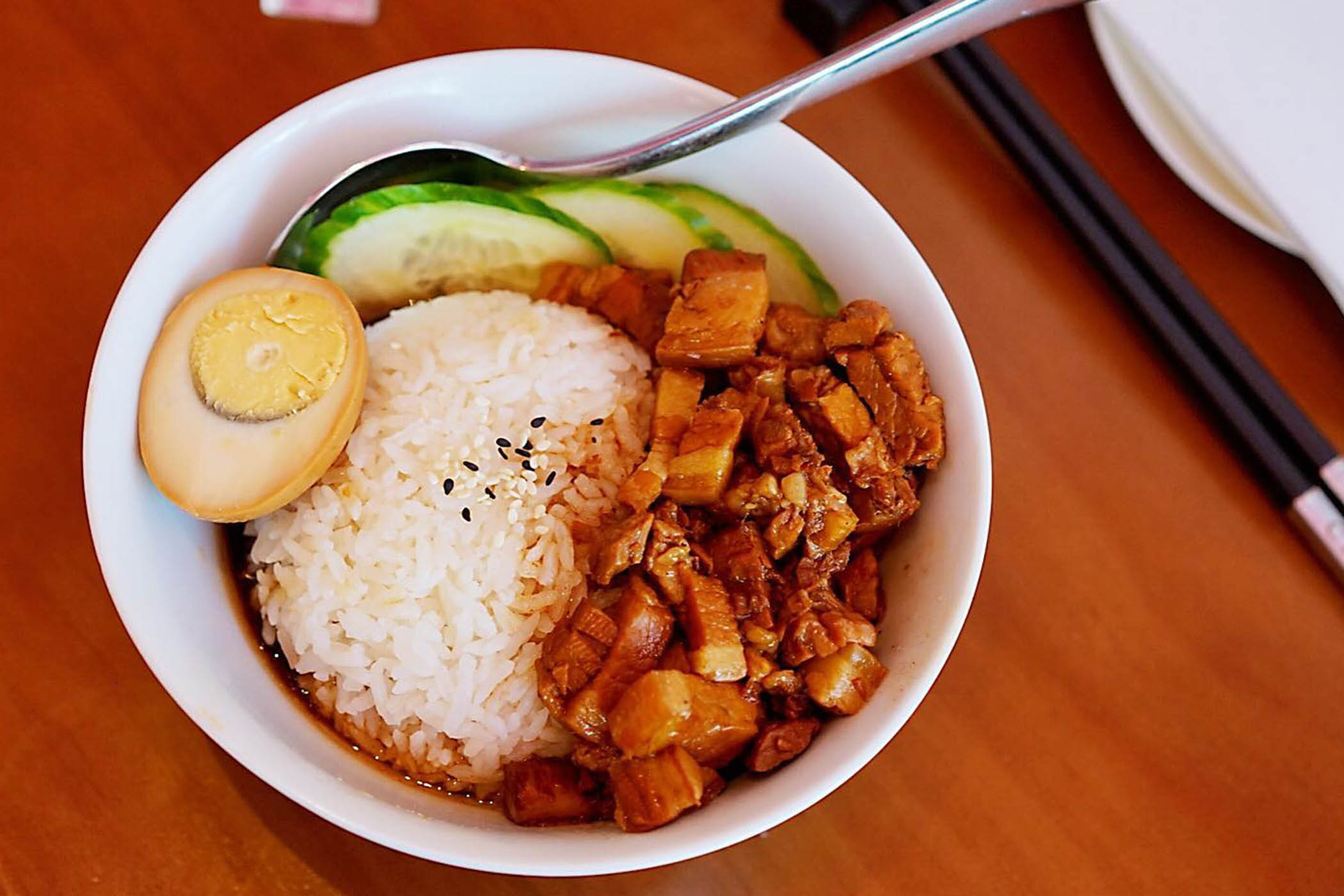
ChoJo Oriental Tapas & Cocktails, London W2
This is my all-time favourite. It’s fairly near our home and often, instead of cooking not very good food myself, I’ll walk 10 minutes for a takeaway. We also entertain friends there, because it’s quiet and cosy. It’s very reasonably priced and the food is delicious. Both Jon and I love the Taiwanese pork rice, and their vegetable dishes are particularly good, especially the French beans and the stuffed aubergine. I really trust them to serve good-quality ingredients. It’s an understated, elegant restaurant.
Book
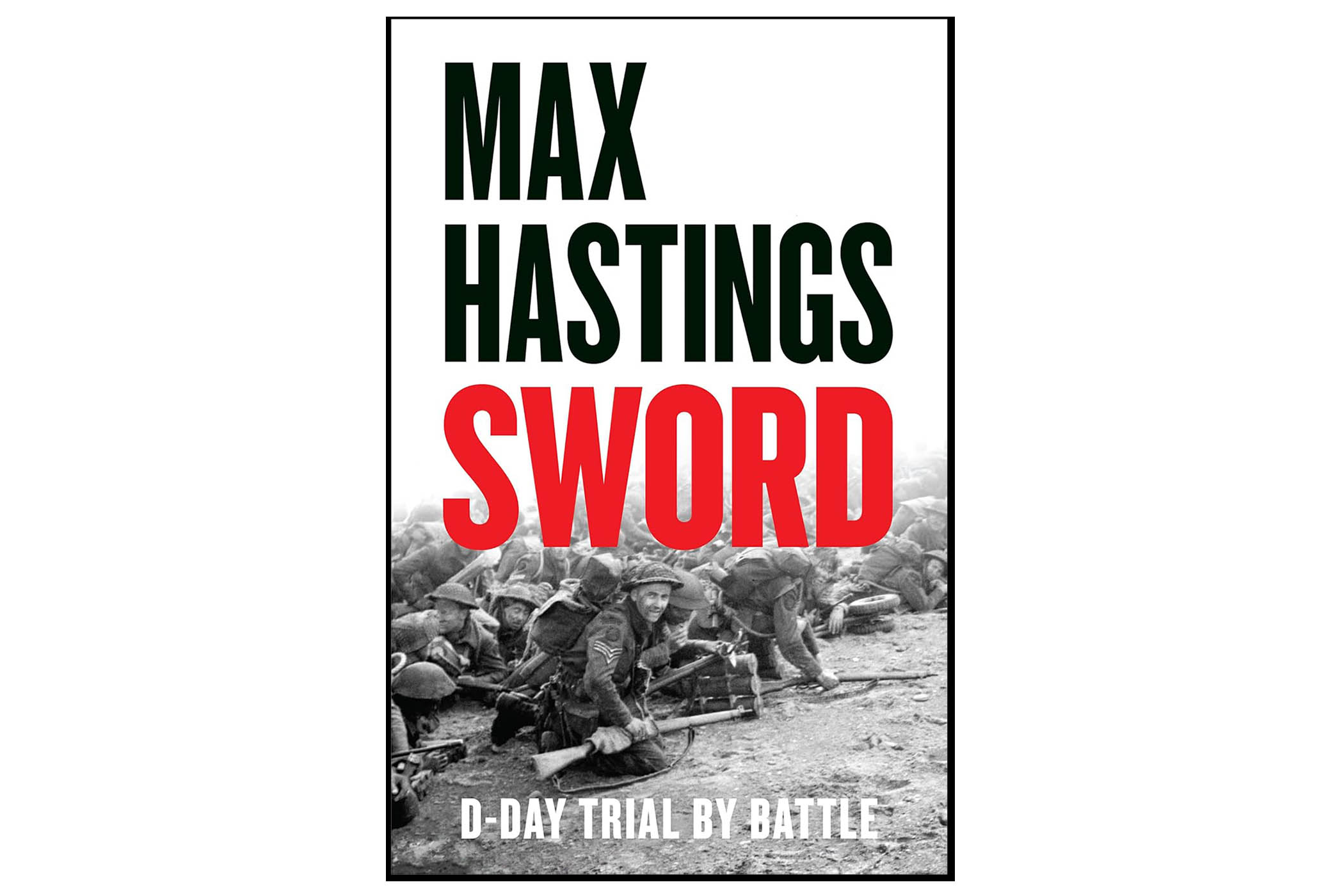
Sword by Max Hastings
I’m not usually a reader of war books, not being very interested in descriptions of battles, but Max Hastings always writes wonderfully well and I particularly liked his new book. It’s about individual British soldiers during the second world war and their thoughts and feelings on D-Day. I found that quite dramatic. It’s interesting: when Mao’s army was fighting battles, they were trained to hate and dehumanise their enemies. But in this book, we read about a British soldier saying sorry to the man he had wounded and almost repenting what he had done. Stories like that just stick in my head.
Art
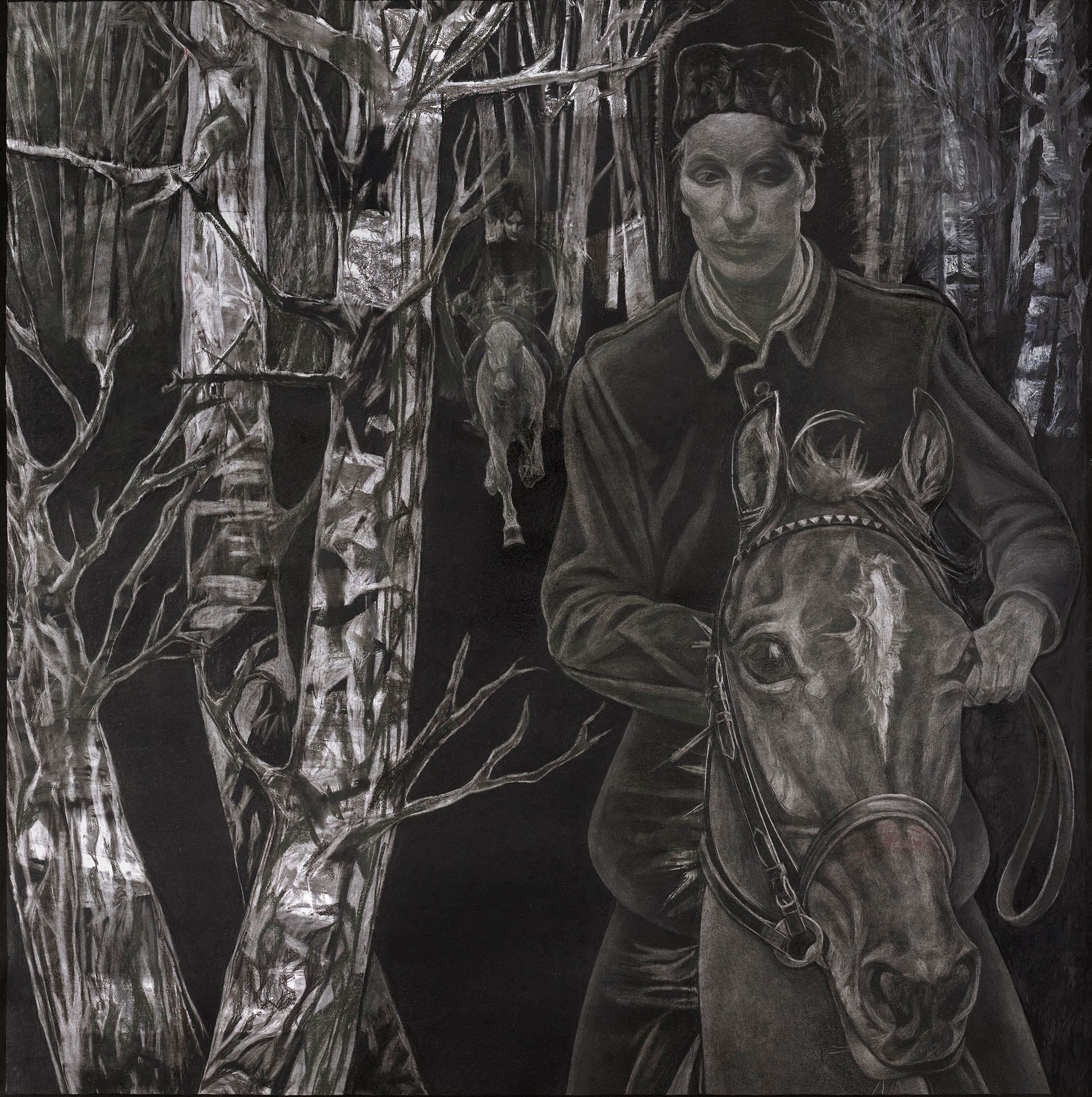
Emma Sergeant: La Selva Oscura, at the Lavery gallery, London SW7, 8-20 October
I first saw Emma Sergeant’s work at an auction and thought it very striking and powerful. She paints horses a lot and they have such incredible, endearing eyes. The paintings in this forthcoming exhibition are more surreal, in the sense that the people and the horses look real, and yet they are placed in a dreamlike world of dark forests. The pairing of these two styles is extremely effective and haunting. I’m very much looking forward to seeing the work in person.
Music
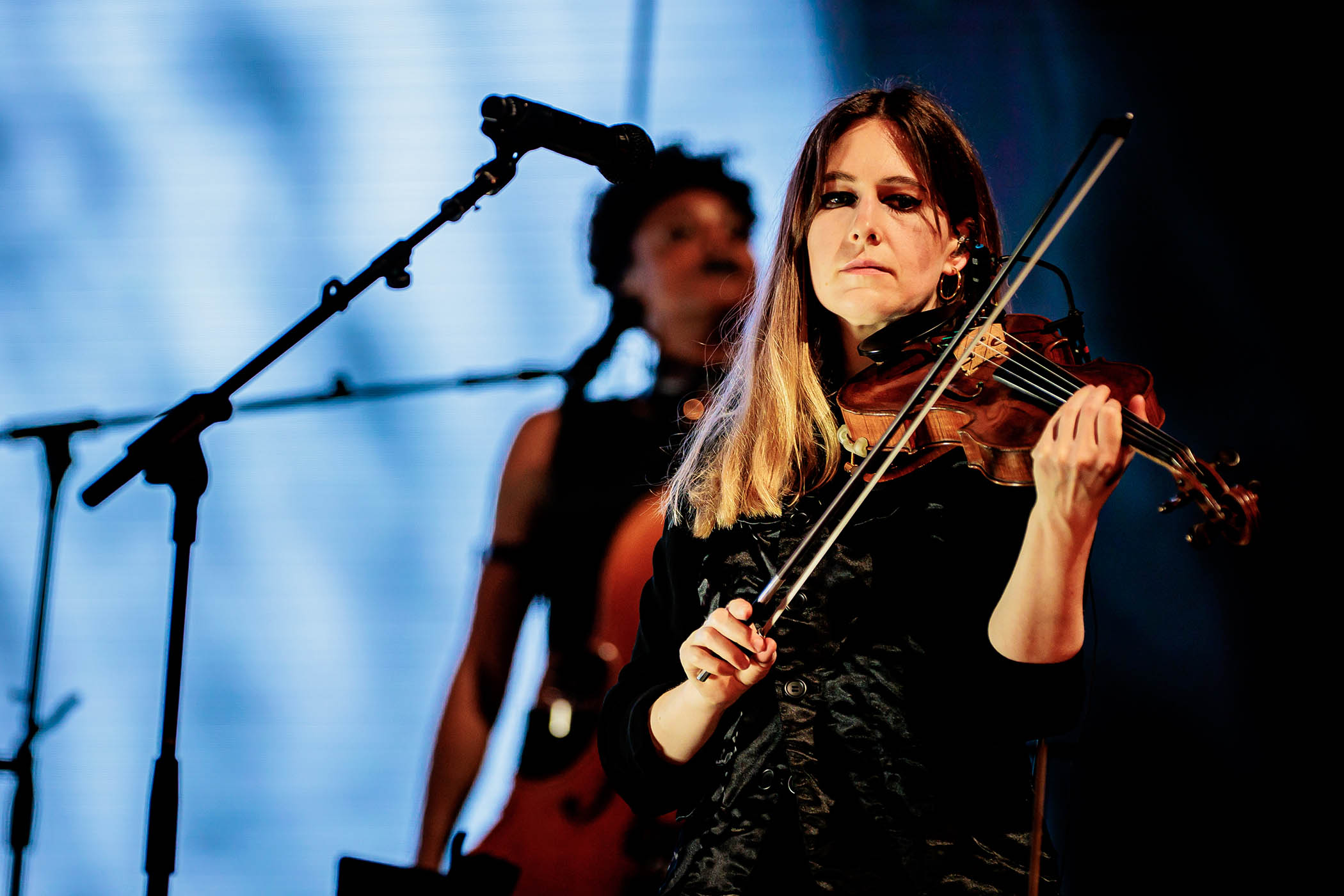
Dusk by Marina Moore
Marina Moore is a young multi-instrumentalist composer. I was very struck by her music for Dusk, one of four contemporary ballets in the Royal Opera House’s Encounters series last October. I found her music epic; it spoke to my heart and really made me contemplate. I loved Dusk so much that I wanted her to compose the music for Wild Swans, which at the time was being made into a TV series [the project has since collapsed]. The Dusk piece is going to be released as an album and Moore is doing some solo gigs this month and next.
City
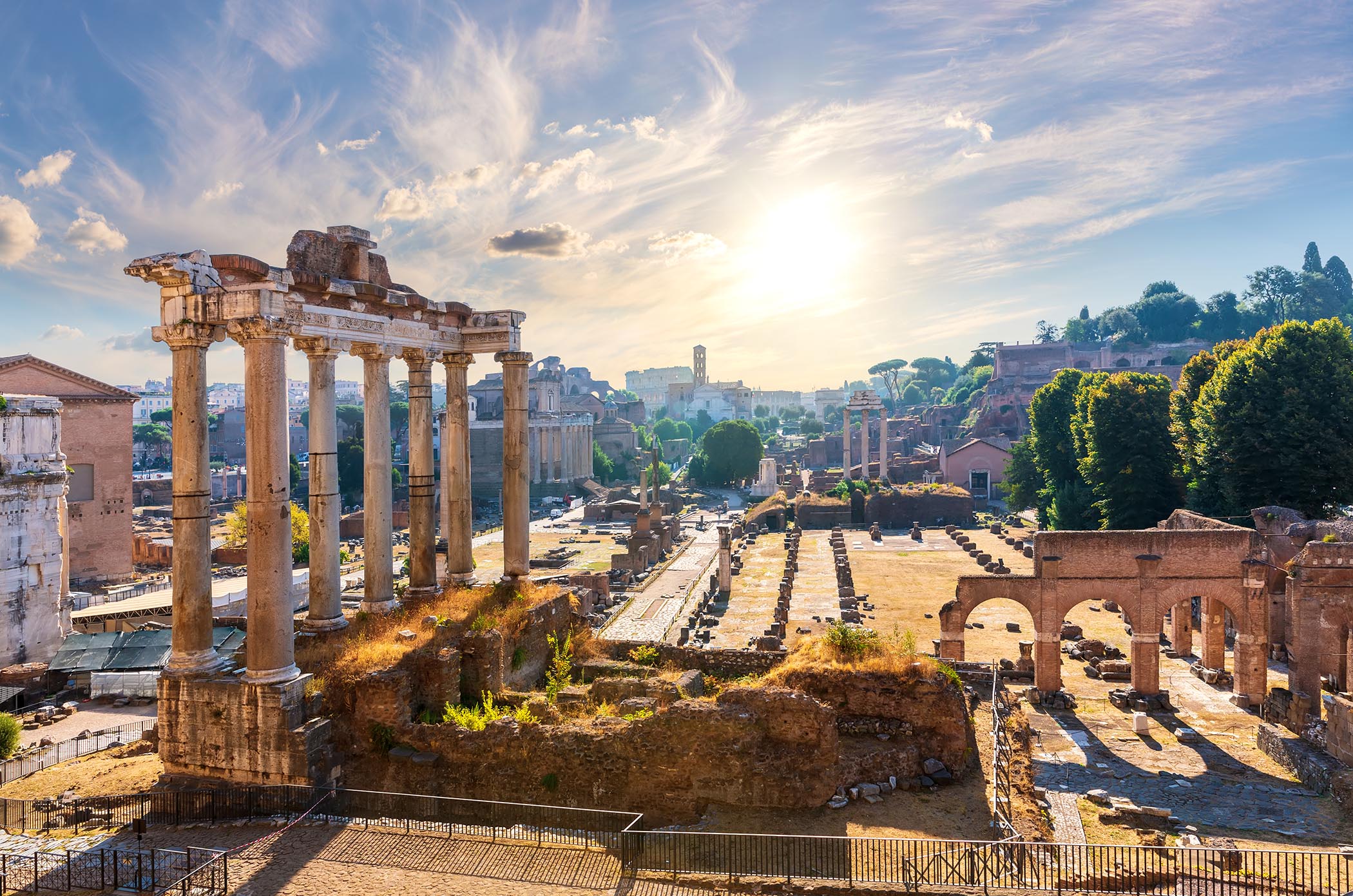
Rome
I love Rome. My husband and I go there regularly. He first took me about 40 years ago and I fell in love with the ruins, the piazzas, the statues, the fountains. The other reason I love it is because I see there the ghosts of Chinese civilisation. In China now, you rarely see any visible glory of its past. It’s been largely destroyed, a lot of it in my lifetime, during Mao’s rule. So I’ve found solace in another ancient civilisation. Rome is a living museum, though its ancient structures are part of modern, everyday life, which I find amazing.
Photography by Getty Images
